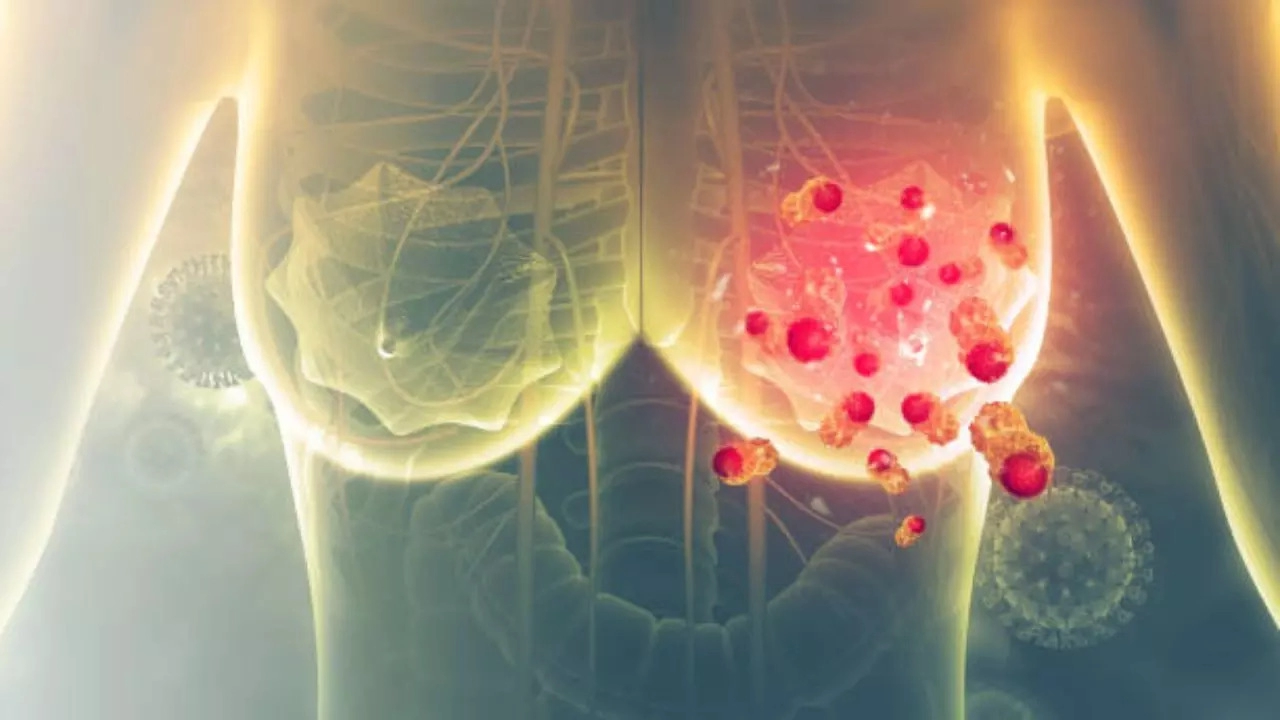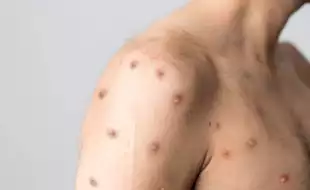News
New Therapeutic Vaccine Gives Hope Against Super-Aggressive Triple-Negative Breast Cancer

Triple-negative breast cancer is characterized by cancer cells that lack or have low levels of estrogen receptor, progesterone receptor, and human epidermal growth factor receptor 2
An experimental vaccine could be the best hope for women who are battling an aggressive and hard-to-treat breast cancer, a new study has revealed. The shots, according to experts, are safe and totally effective against triple-negative breast cancer – a kind that otherwise cannot be treated with hormone therapy.
Triple-negative breast cancer is characterized by cancer cells that lack or have low levels of estrogen receptor, progesterone receptor, and human epidermal growth factor receptor 2.
The new vaccine killed cancer cells in the immune system
However, in the latest trial for the vaccine, all the patients remained cancer-free even three years after receiving the vaccine - which killed the remaining cancer cells in their immune systems, according to results published Nov. 13 in the journal Genome Medicine.
By comparing this vaccine to the traditional surgery undertaken to treat breast cancer, only half of patients usually remain cancer-free after three years, according to historical data. “These results were better than we expected,” said Dr. William Gillanders, senior researcher and professor of surgery at Washington University School of Medicine in St. Louis.
How was the trial conducted?
An early clinical trial for the vaccine was conducted with 18 patients of triple-negative breast cancer that had not spread elsewhere in the body, said scientists. Around 10-15 per cent of the breast cancers that occur in the United States are triple-negative, according to the National Breast Cancer Foundation.
To date, triple-negative breast cancer has no targeted therapies. It must be treated with traditional approaches like surgery, chemotherapy, and radiation therapy, researchers said in background notes.
Also, according to studies, it spreads faster than other types of breast cancer as the tumours grow by 1 per cent each day. In comparison, HER2-positive breast cancer tumours grow 0.859 per cent daily.
Researchers said the trial patients all had undergone chemotherapy, along with surgery to remove their breast tumours. The research team said they analysed the tumour tissue following surgery to find unique genetic mutations in the patients’ cancer cells. They then crafted a personalized cancer vaccine for each patient based on those mutations.
Each patient received three doses of the vaccine, which taught their immune systems to recognize the key mutations in their specific breast tumours and attack the cancer cells, the researchers said. Results showed that 14 out of the 18 patients with triple-negative breast cancer developed an immune response to the vaccine.
“We are excited about the promise of these neo-antigen vaccines,” Gillanders said. “We are hopeful that we will be able to bring more and more of this type of vaccine technology to our patients and help improve treatment outcomes in patients with aggressive cancers.”
However, researchers warned that larger clinical trials are needed to prove the vaccine’s effectiveness.
“We acknowledge the limitations of this type of analysis, but we are continuing to pursue this vaccine strategy and have ongoing randomized controlled trials that do make a direct comparison between the standard of care plus a vaccine versus standard of care alone,” Gillanders said. “We are encouraged by what we’re seeing with these patients so far.”
Get Latest News Live on Times Now along with Breaking News and Top Headlines from Health and around the world.
Our Blogs
Our Recent News

A Yummy, Three-Ingredient Dinner That Can Prevent Alzheimer's Disease, According To A Neurologist
MIND Diet focuses on plant-based foods and provides more polyphenols which are a type of antioxidant...

CDC Reports Low Flu and COVID Vaccination Rates This Season; Know Why The Vaccines Are Important
CDC Reports Low Flu and COVID Vaccination Rates This Season Photo : iStock According to a new report...

Canada Reports Its First Case Of Clade I Mpox, Here’s What You Should Know About The Strain
Canada Reports Its First Case Of Clade I Mpox Photo : iStock The Public Health Agency of Canada (PHA...

